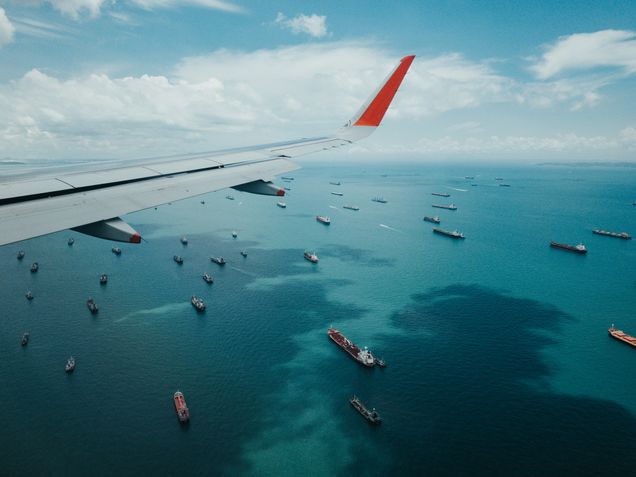Policy Space for Capital Flow Management: An Empirical Investigation

In the wake of the global financial crisis, economic research has shown that regulating cross-border financial flows helped prevent and mitigate financial crises. This research played a role in the political economy of the post-crisis governance architecture where the International Monetary Fund (IMF), Group of Twenty (G20) and other international bodies recommitted policy frameworks to enable nations to regulate cross-border financial flows. This research is even more poignant as the pandemic has had a widespread destabilizing effect on the global economy.
Concomitantly, a substantial body of legal scholarship has shown that the commitments in trade and investment treaties are on a collision course with domestic policies and the recommendations of the IMF and the G20—so much so that the IMF may advise or require countries to deploy policies to prevent and mitigate financial crises in a manner that conflicts with a country’s obligations under a trade or investment treaty.
Against this backdrop, a new journal article from a team of researchers at the Boston University Global Development Policy Center seeks to understand one aspect of that collision in order to make better recommendations to policymakers involved in negotiating and implementing trade agreements. The paper quantifies the variation across preferential and free trade agreements with respect to their policy space for capital flow management measures, using these data to create a composite score of treaty flexibility and examine the collective level of policy space across the global trade regime.
The study found that the vast majority of free and preferential trade agreements – almost nine out of ten – leave significant policy space for regulating cross-border finance, but critically, this takeaway is not true across the board. In evaluating treaties between Global North and Global South countries, we found evidence of negotiating power imbalances that exacerbate existing inequalities. Furthermore, treaties with the least amount of policy space govern almost two-thirds of the world’s gross domestic product (GDP) and almost half of global investment flows. Overall, global treaties are trending toward less policy space for maintaining financial stability, with developing countries bearing the brunt of this inflexibility.
As the world faces various crises of health, climate, food, energy and finance, country leaders will be looking for new approaches to old problems. Understanding the implications of signing onto strong capital-liberalizing treaty commitments is the first step to making domestic policy to the benefit of all.
Read the Journal Article Read the Blog Summary